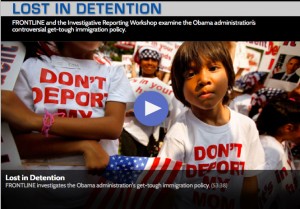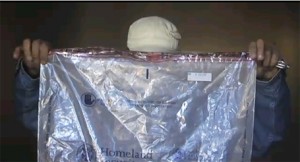Buscando asilo político en E.U., se pasan tres meses encarceladas
|
El PASO — Cuando Sylvia Salcedo de Arvilla sintió que su vida y la de su familia estaban en peligro, pidió asilo político en el cruce internacional sin pensarlo dos veces. Ella había oído de varias personas que habían huido de México cruzando el puente y decidió seguir en sus pasos. Pero no esperaba que la trataran como un criminal. “Nunca nos imaginamos que el proceso podía ser largo yo pensé que ese mismo día nos dejarían estar con el resto de la familia, pero no; esto duró tres meses”, dijo Salcedo de Arvilla. Salcedo de Arvilla y su familia estaban bien establecidos en Ciudad Juárez ya que eran dueños de un par de tortillerías.


